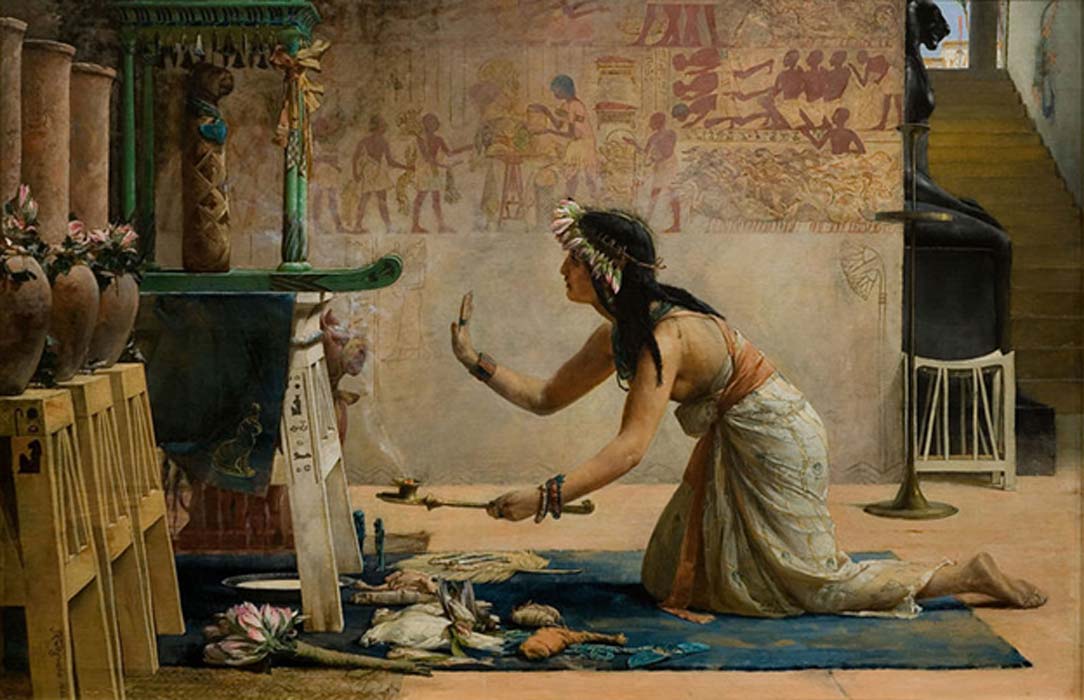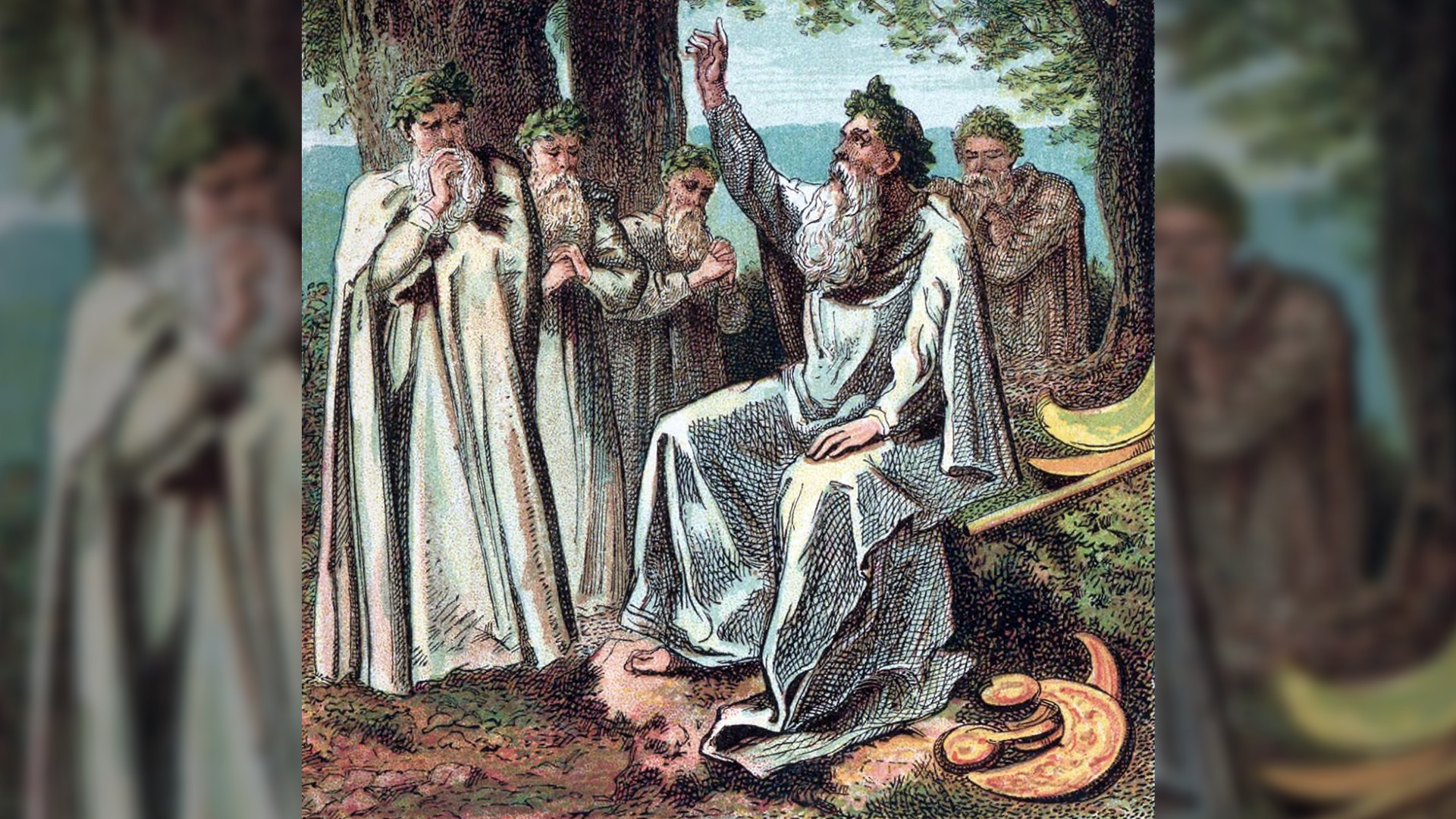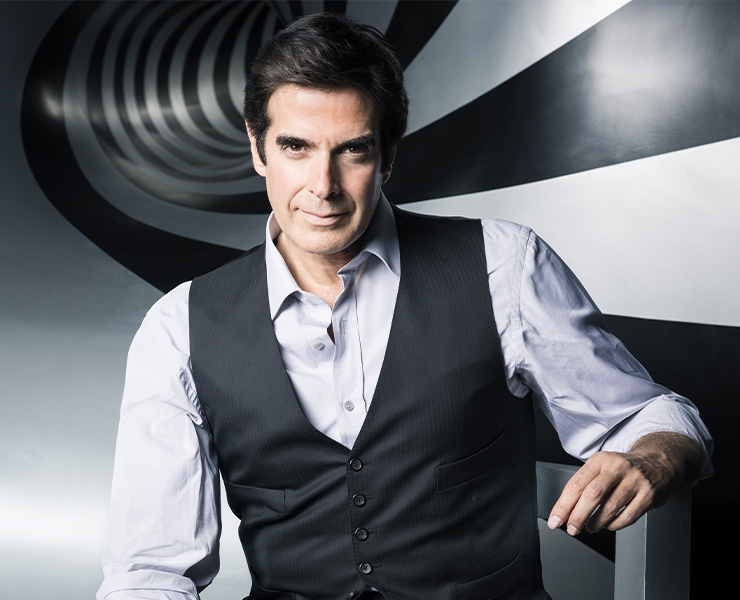- Total £0.00
Is Magic Real? A Historical and Contemporary Look
Is Magic Real? A Historical and Contemporary Look
The Ancient Belief in Magic

Magic, spellcasting, and witchcraft have roots deep in human history, as various cultures have developed their own forms and interpretations of these mystical practices. From the intricate rituals of ancient Egyptians to the spellbinding practices of medieval witches, the belief in magic has been a cornerstone of many societies, providing a means of interacting with unseen forces and the spiritual world.
Connecting with the Other World: Witchcraft and Spellcasting
The origins of witchcraft are often traced back to prehistoric times, where shamanic traditions and animism imbued every aspect of life with spiritual significance. Early human communities turned to witchcraft and magic as a tool for interpreting and controlling the inexplicable events of the natural world. The practice of witchcraft was their conduit to the spiritual realm, creating a bridge between our world and the otherworldly.

In many cultures, witches were revered as mediators between the human and spirit world. For instance, in ancient Celtic societies, the Druids were believed to have magical powers and considered to be the mediators between the people and Gods. They were reputed to practice divination, weather control, and healing—using their abilities to maintain harmony in their communities.
The Role of Magic in Religion and Spirituality
Moving to more structured societies, magic took its place within religious practices. In ancient Egypt, priests performed magical rituals to appease the gods, ward off evil, and ensure prosperity. Their hieroglyphs and texts, such as The Book of the Dead, contain spells and invocations intended to guide the deceased through the afterlife.

Similarly, in the Hellenistic age, Greek and Roman societies exhibited a strong belief in magic. The Greeks and Romans were known to use amulets, love potions, and curse tablets, indicating a blend of religion, superstition, and magic in their daily lives.
Are Witches Real?
Without a doubt, witches are real. However, the concept of a witch extends far beyond the stereotypes depicted in folklore and popular culture - the cackling old woman flying on a broomstick or the young maiden casting love spells in a forest glade. The truth of witchcraft is far more complex and diverse, deeply rooted in our human history, and spans across cultures globally.
Today, many individuals proudly identify as witches. They practice witchcraft as a spiritual path or as a means of self-empowerment and connection to the world around them. Witchcraft, in its modern context, is often associated with paganism, Wicca, and other nature-based or polytheistic religions. However, it can also be a solitary practice not connected to any particular religious structure.

Modern witches often engage in practices such as spell-casting, divination, meditation, and ritual work. Their practices can be varied and personal, reflecting their individual beliefs and connections to the spiritual world. It is not about doing harm or being 'evil' as often depicted in popular culture, but rather it's about engaging with energies and forces that exist within and around us all. Witches seek understanding, balance, and a deeper connection to the natural world and the cycles of life.
Witches are very much real, both historically and in the present day. They are practitioners of a diverse range of spiritual practices and belief systems, many of which emphasize a deep respect for nature, personal empowerment, and the interconnectedness of all things. Witchcraft isn't about malevolent magic but understanding and harnessing the fundamental energies that exist in the world around us and within us.
Modern Day Magick: Wicca and Neopaganism
Fast forward to the 20th century, the practice of magic saw a resurgence through modern Pagan, or Neopagan, religions like Wicca. Wiccan beliefs uphold the power of magic (often spelled 'magick' to distinguish it from stage magic) as an essential part of their spirituality. They harness natural elements and energies to create positive change, underlining that their practice is far from the evil stereotypes historically associated with witchcraft.
Magic in Entertainment: Illusionists and Magicians
Parallel to the spiritual practice of magic, the art of illusion or stage magic has always held a significant place in entertainment. From medieval jesters to modern-day illusionists like David Copperfield and Dynamo, magic has captivated audiences with its promise of the impossible. Although these performers don't claim to possess supernatural powers, their shows undoubtedly spark a sense of wonder, demonstrating the enduring human fascination with the inexplicable.

Stage magic is the art of performing illusions to entertain and astound audiences, it has a rich and captivating history. This form of magic may not rely on the supernatural or spiritual, but it holds its own magic in the form of suspense, surprise, and the seemingly impossible.
Is Black Magic Real?
The question of whether black magic is real is one that has been asked countless times and is deeply intertwined with personal belief systems, cultural backgrounds, and historical context. Black magic, often associated with malevolent intentions, manipulation, or causing harm, is a concept that exists in various forms across many cultures and religions.

It's crucial to note that what is considered "black magic" can vary greatly from culture to culture. In some societies, it's seen as a form of witchcraft or spell casting with ill intentions. In others, it's more closely associated with voodoo or other forms of ritualistic practices. Regardless of the specifics, the common thread is the intention to cause harm, manipulate, or control another person or situation.
To those who practice spiritual forms of magic or witchcraft, black magic is generally viewed as an unethical misuse of power. Much like in any realm of life, the potential for misuse of power exists, and it's the intention behind the action that determines its nature—beneficial or harmful.
In conclusion, the reality of black magic depends largely on personal and cultural beliefs. Its existence in the physical world isn't supported by scientific evidence, but its psychological and historical impact is tangible and significant. As with all forms of power, ethical considerations play a crucial role in its use or misuse.
So, Is Magic Real?
The reality of magic depends on one's perspective. If magic is seen as a means of invoking change through spiritual or mystical means, then the belief systems of many cultures—past and present—affirm its reality. Indeed, those who follow Wicca or similar practices can attest to the transformative power of their magical rituals.
On the other hand, if magic is defined as the art of illusion, its reality is in its ability to captivate, to spark imagination, and to create a sense of wonder.
Whether through the spellcasting rituals of a Wiccan practitioner or the captivating performance of a stage magician, the essence of magic lies in its ability to transcend the mundane, to challenge our perceptions of reality, and to remind us of the enduring human capacity for wonder and belief. And in that sense, magic is, indeed, real.

